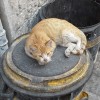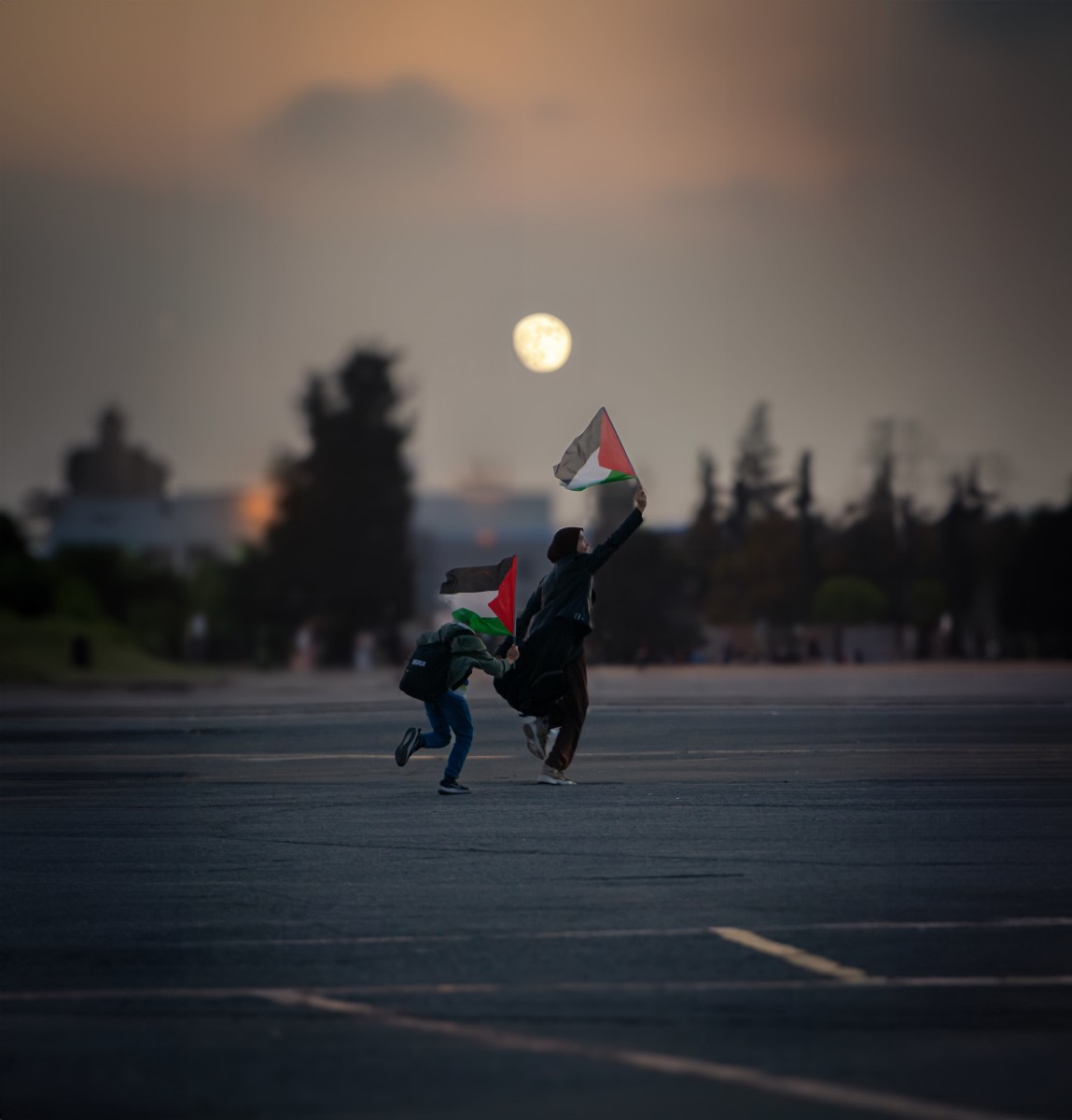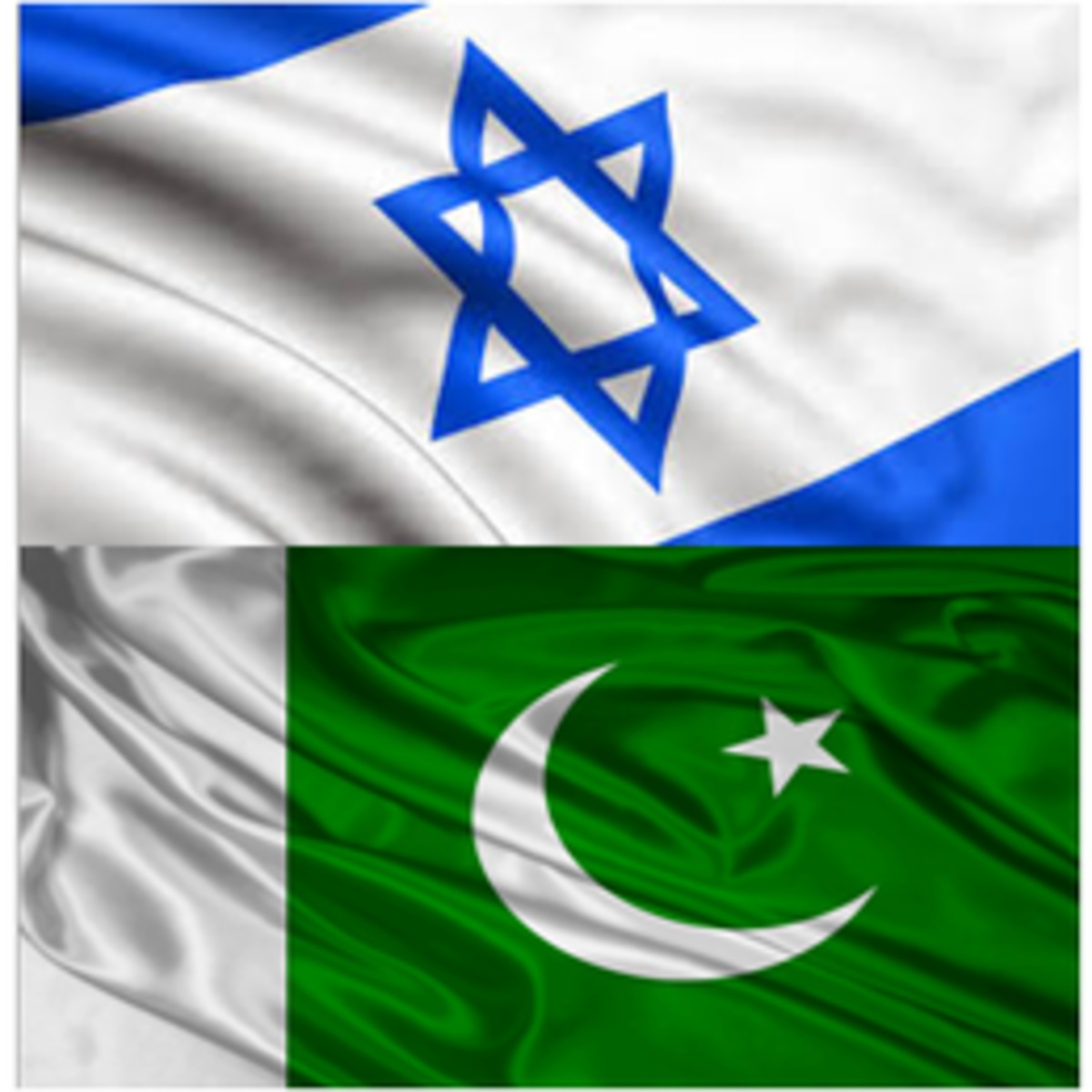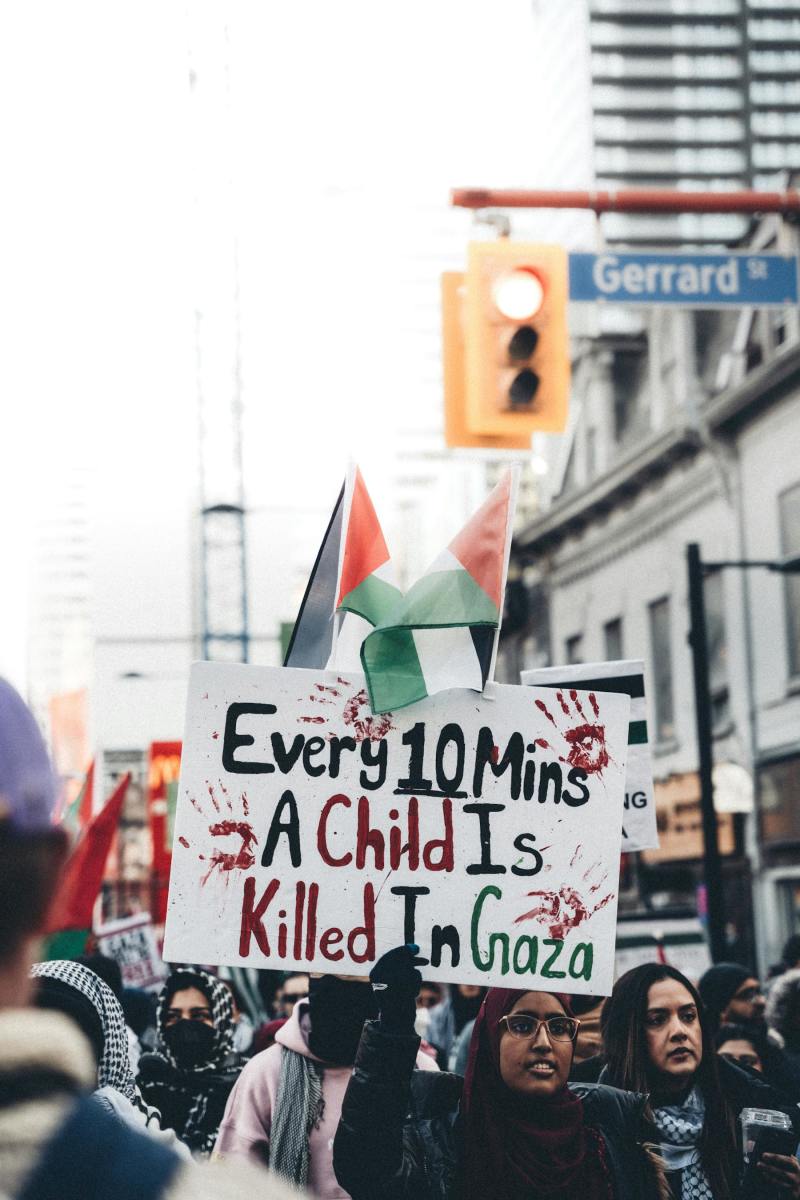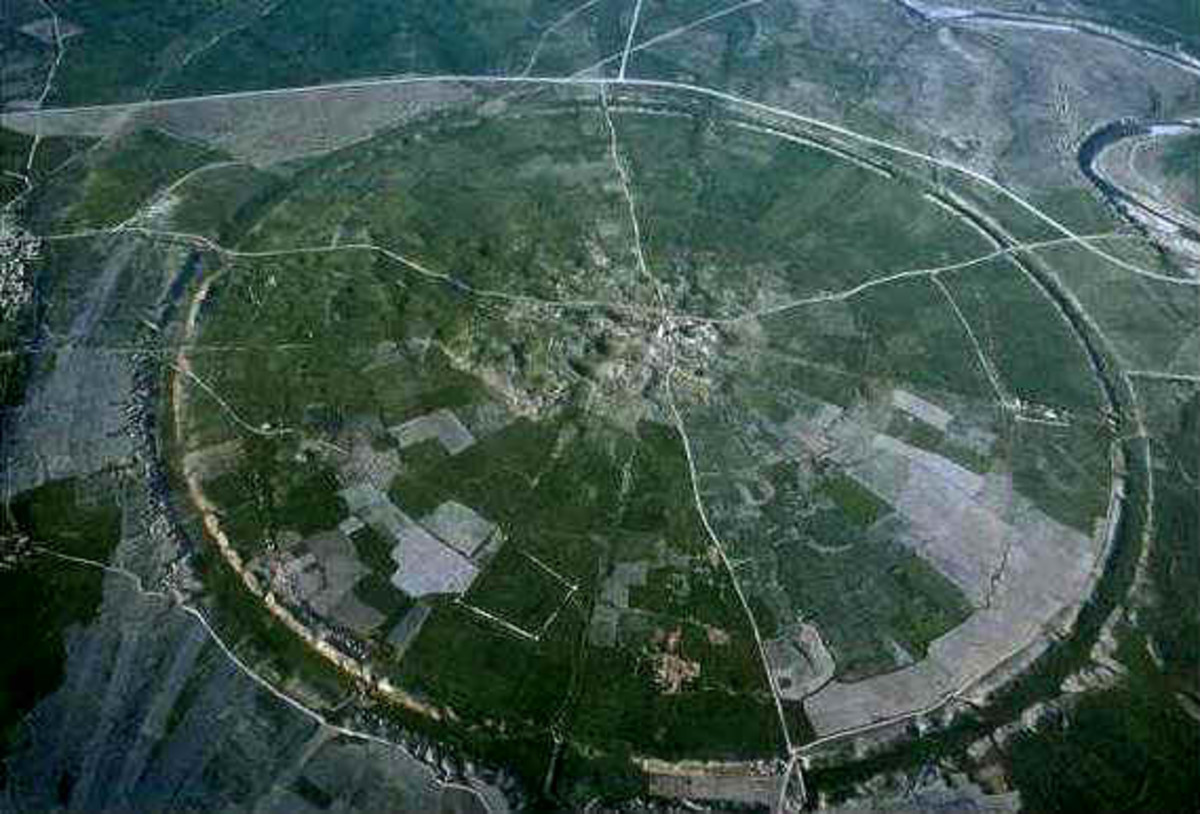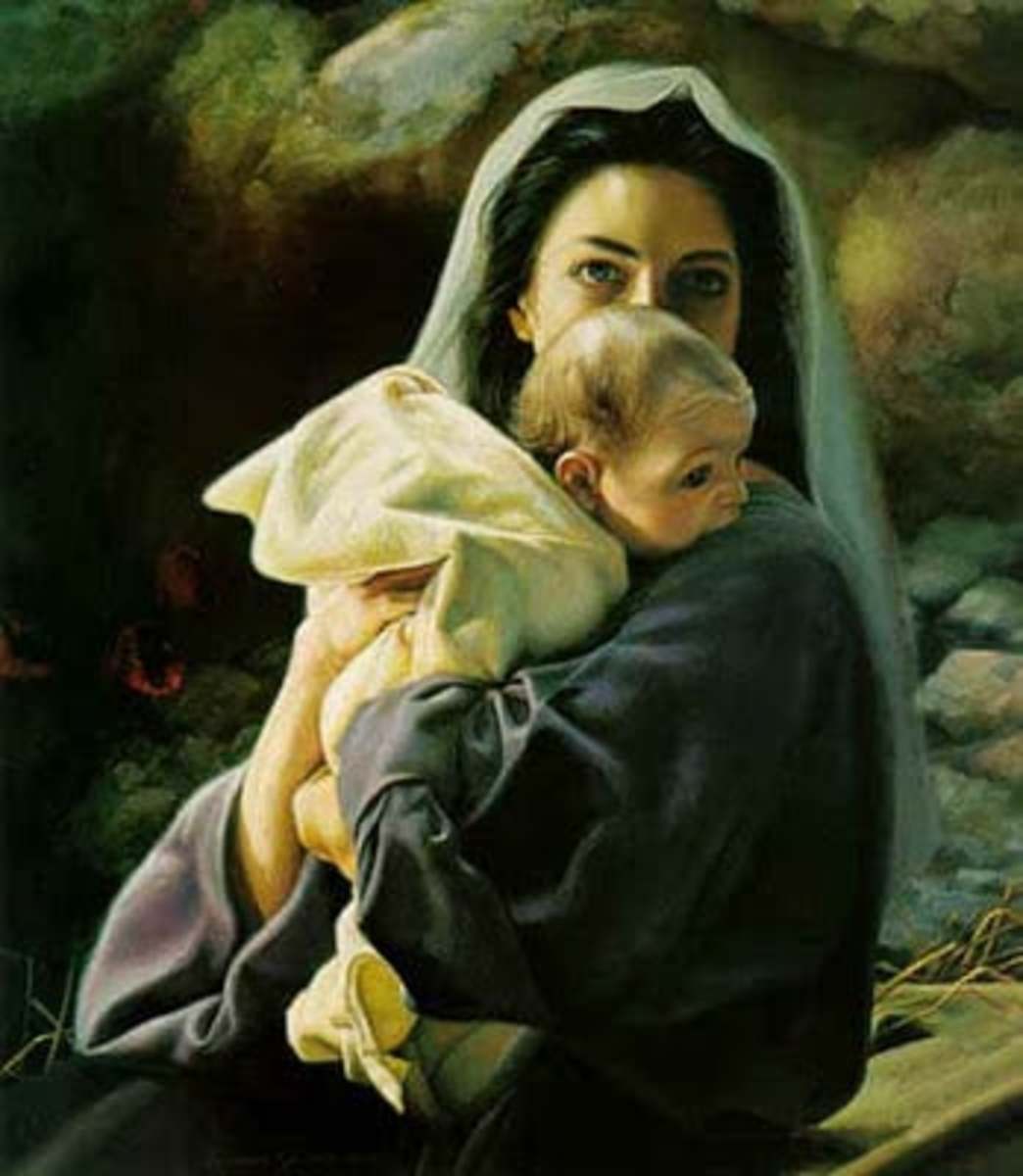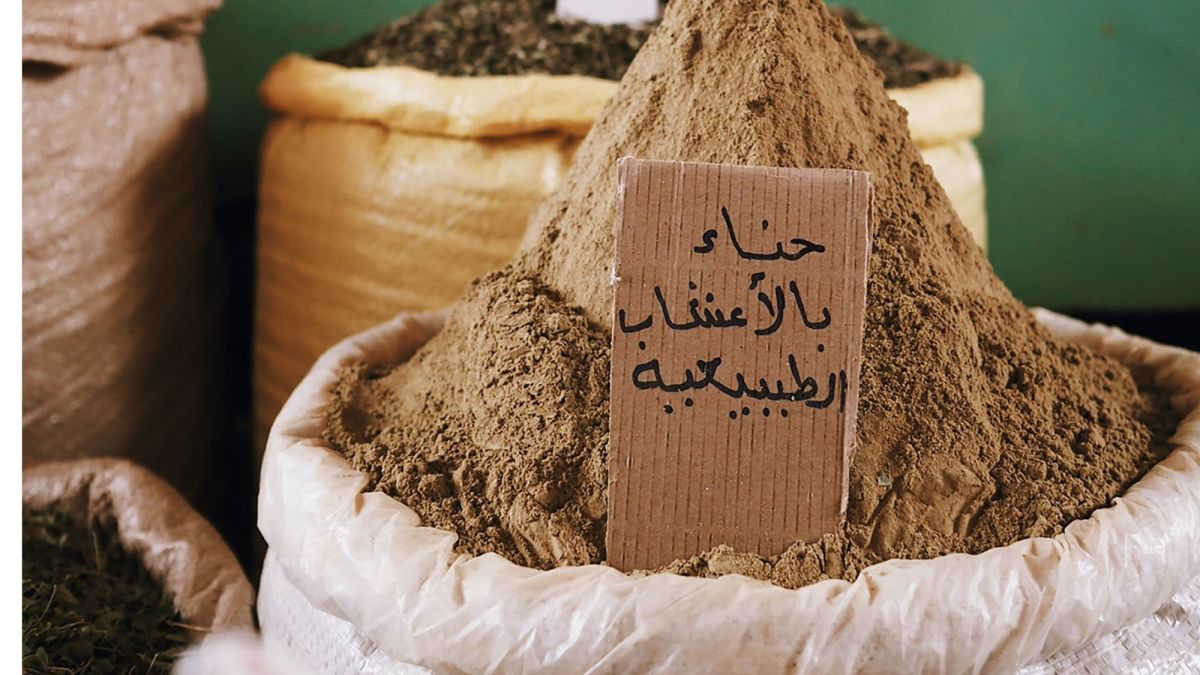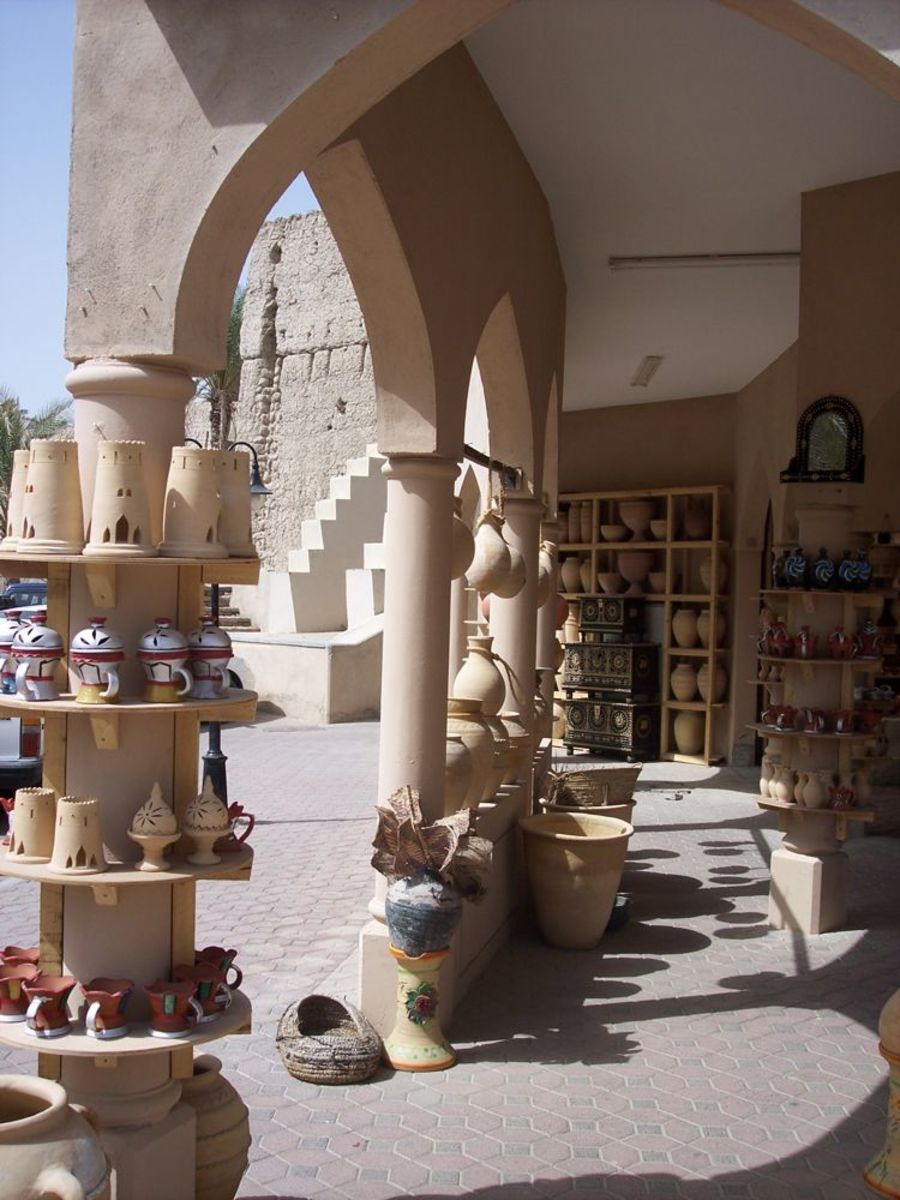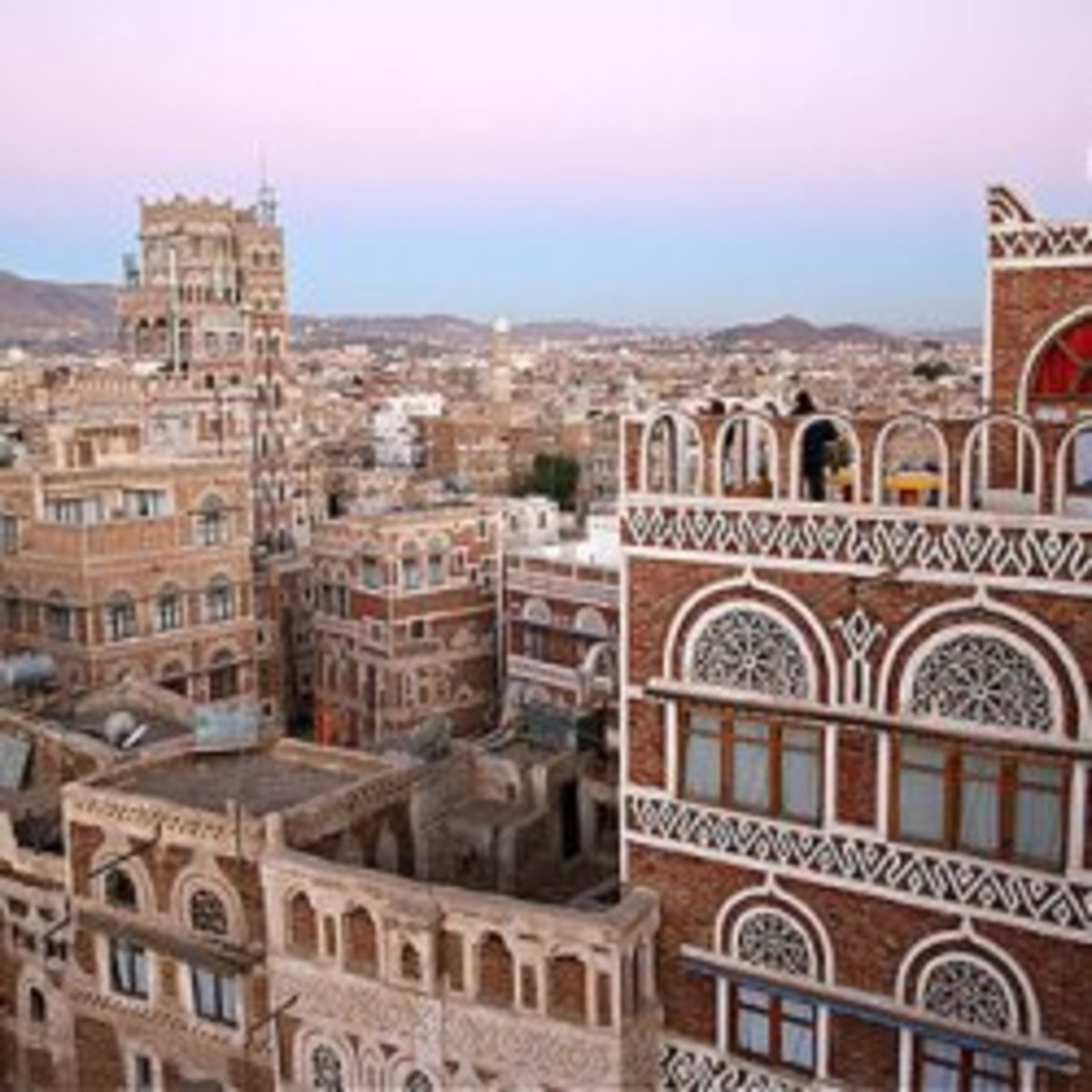Nazareth - the City and Its People
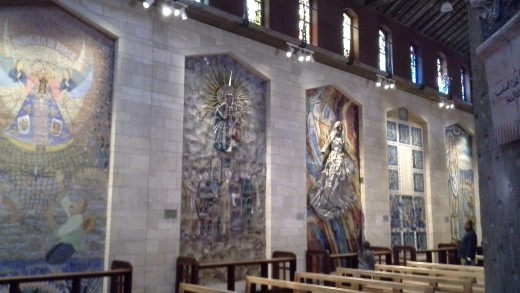
In his book The General’s Son, Israeli writer and activist Miko Peled describes his first visit to Nazareth – not actually in the West Bank, but very much a Palestinian city all the same. Driving there to visit friends he was gripped by fear – even more so after getting lost and having to ask for directions. Expecting to be lynched, he was met with kindness and warmth, as a group of Palestinians discussed which way he should go. ‘These are our enemies?,’ he asked himself. ‘These are the people I’ve learnt to be afraid of?’
The trip to Nazareth was a turning point for him, making him realise how he and his fellow Israelis had been (and still are) constantly drip-fed lies about their Palestinian neighbours.
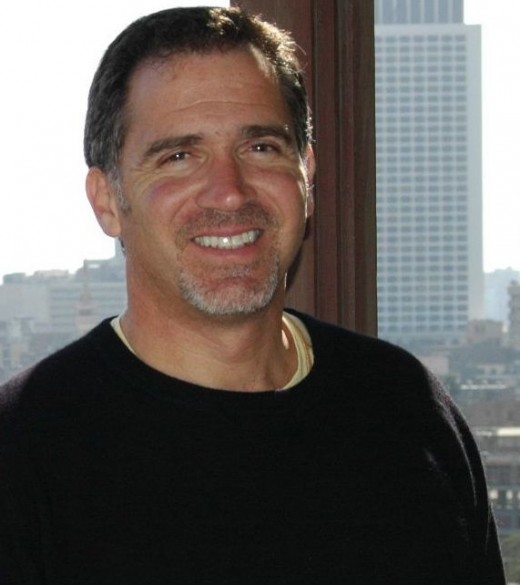
Propaganda
It's in the Israeli government's interests to keep the propaganda war going – insisting that Palestinians are enemies and terrorists who want every last Israeli dead. It's nonsense, of course. While I have no doubt there are fanatics, the average Palestinian just wants to live their lives peacefully, they want their children to have a decent future and they want to be able to travel freely to visit family members and friends, work, hospital, etc. Pretty basic human rights, really.
Olives, Lemons & Za'atar
Fantastic Palestinian Food
Nazareth is principally a Christian town, and we stayed at a guest house owned by Palestinian Christians who welcomed us pretty much as house-guests, insisting we had lunch with them and providing a glorious spread of lemony lentil soup, cabbage leaves stuffed with rice, mince and nutmeg, roast pepper and tomato salad, and boiled potatoes mixed with fresh parsley and mint, garlic, lemon juice and olive oil. Every dish was delicious.
New York-based chef Rawia Bishara comes from Nazareth, and reproduces many family recipes in her critically acclaimed restaurant Tanoreen. Many of these recipes have been included in her book, Olives, Lemons & Za'atar. Her name in Arabic means storyteller, but as she puts it, she prefers to tell stories about her family, life and culture through her cooking, which both celebrates tradition and embraces change. Her Aubergine Salad, using roast aubergines, tomatoes and peppers seasoned with garlic, parsley and lashes of lemon juice has become a summer staple in my household, and her Tanoreen's Speciality Fava Beans, with plenty of fresh coriander, or cilantro, are a real treat.
It's a wonderful book, I heartily recommend it.
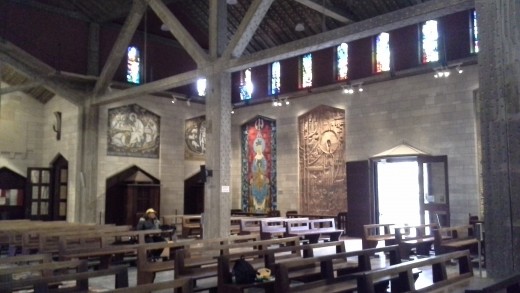
So Where Was Mary Told?
The key sightseeing spot in Nazareth is, of course, the Basilica of the Annunciation – said to be in the place where the angel Gabriel told the 13-year old Mary she was pregnant with the son of God, if you believe that kind of thing. Built in 1969, it's a very modern, wooden church that wouldn't look out of place in Scandinavia, and houses a fantastic display of paintings of Mary, contributed by countries around the world. There are so many of them they have been mounted outside, and line the courtyard, so that it rather feels like a visit to a gallery, and not just a church.
The grotto, or crypt below is believed to have been Mary's childhood home.
Another spot worth seeing is Mary's Well, which is, er, also believed to be the site where the angel Gabriel told Mary she was carrying the son of God. It's just below the Greek Orthodox church which is magnificently ornate and over-the-top. Essentially, the Greeks believe it was here, as Mary was drawing water from the well that Gabriel appeared, the Catholics believe it was half a kilometre away at the location of the Basilica of the Annunciation. Either way, Nazareth benefits enormously.
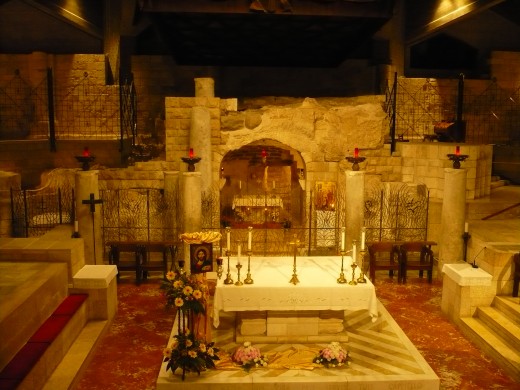
Elia Suleiman – The Most Brilliant Film Director
One of Nazareth's other great contributions is the Palestinian Christian film director Elia Suleiman, who was based in New York for over ten years. If you haven't yet seen his films, I urge you to do so. They are funny, anarchic, surreal, intelligent, mischievous, poignant – I could go on. Divine Intervention (2002) won the Jury Prize at the Cannes Film Festival, among other awards, and is about two lovers who can only meet at checkpoints. It contains about five of the most extraordinary scenes I've ever witnessed in a film – breathtaking, bold and fearless.
The Time That Remains (2009) is about the birth of Israel – or the Nakba, or disaster, as most Palestinians would put it – inspired by his own father's experiences. Funny and tragic, it too garnered several awards.
Suleiman now teaches cinema in Nazareth but excitingly is releasing a new feature film this year, called It Must Be Heaven. I cannot wait.
